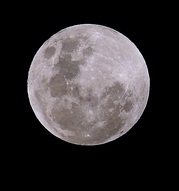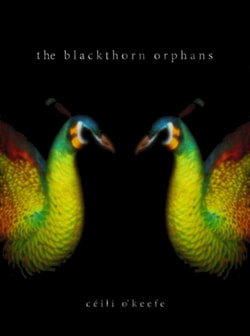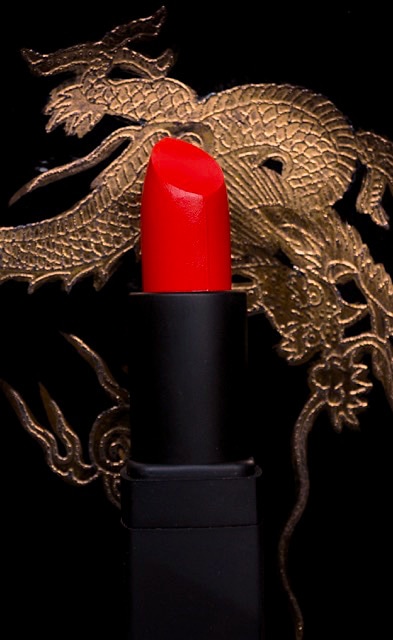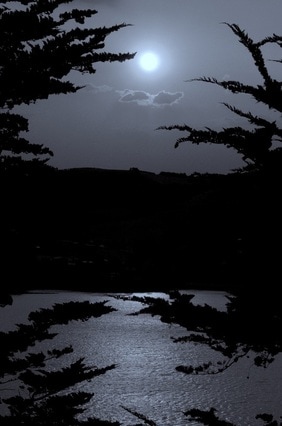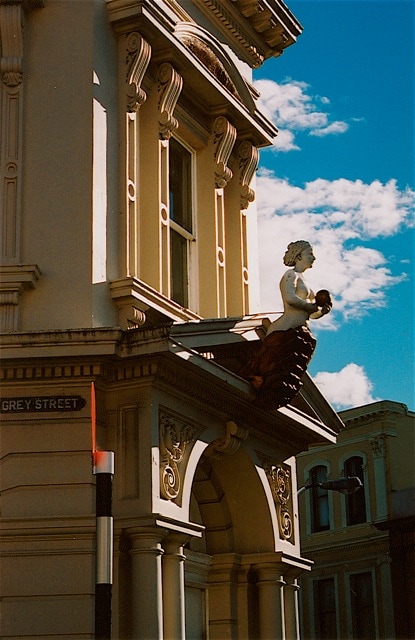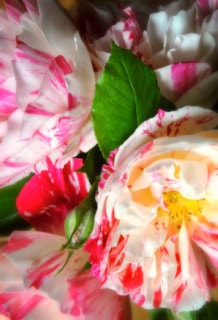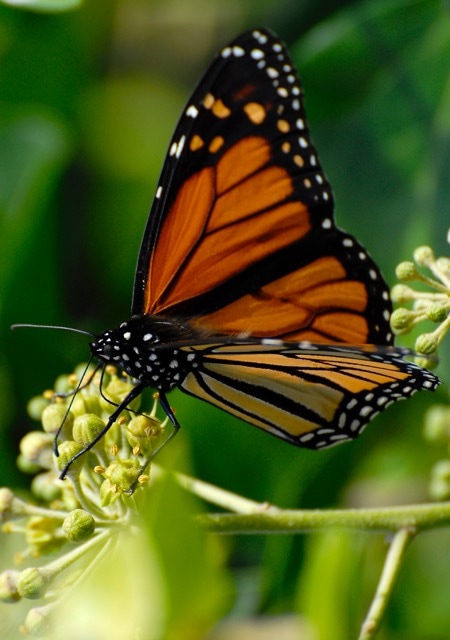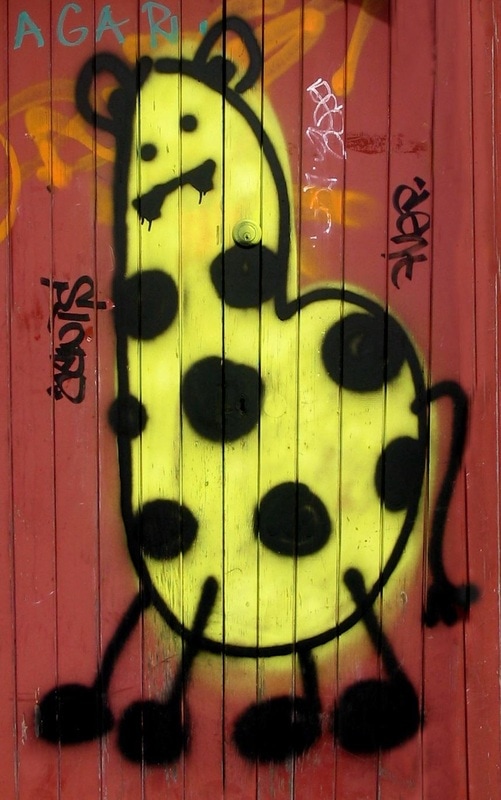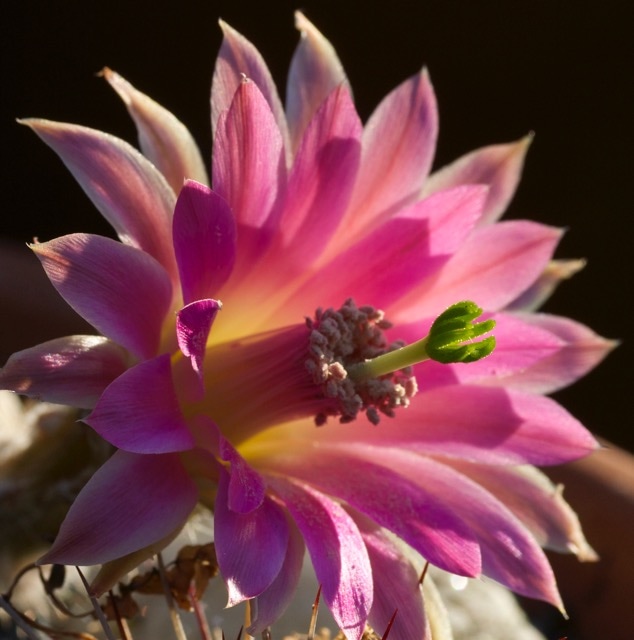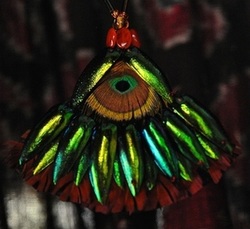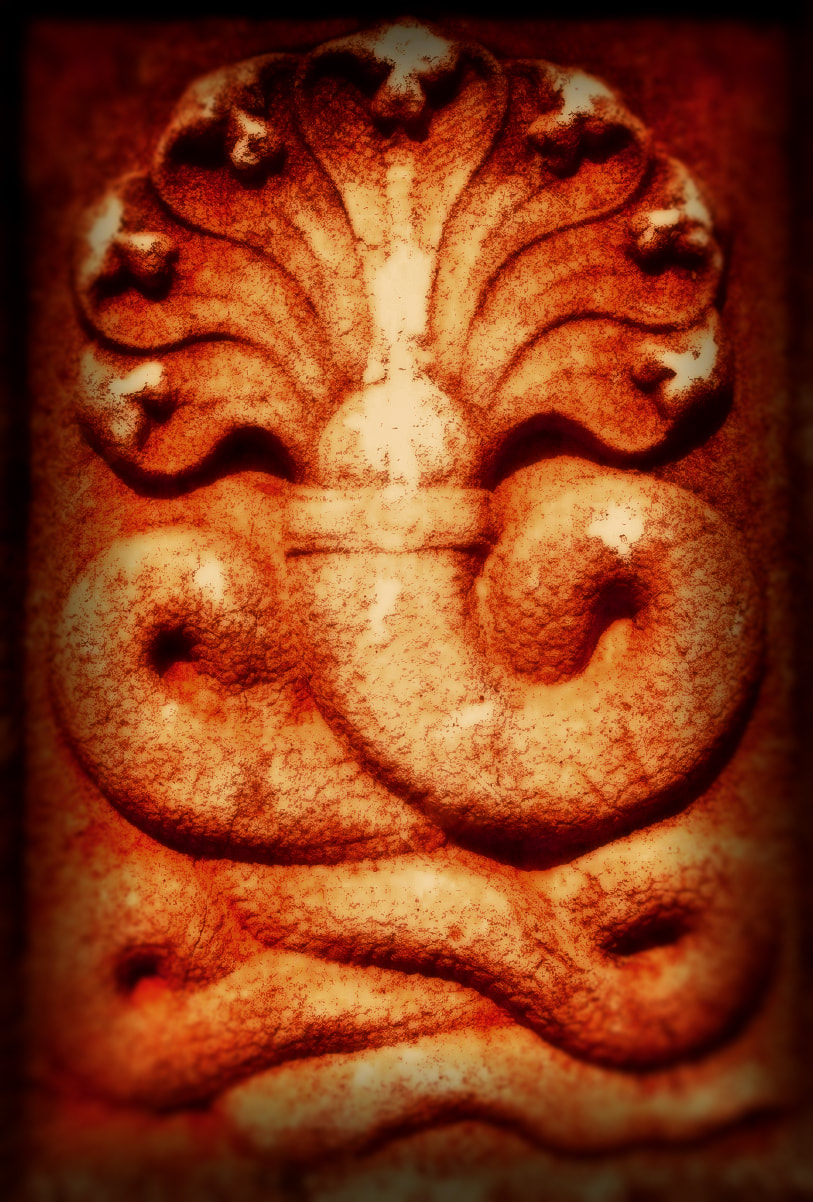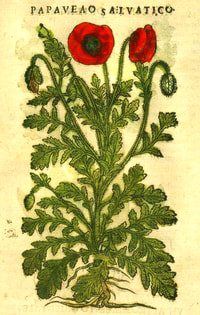STYLE/FLAVOUR floral. Unisex tending toward femme.
DATE OF ISSUE 2005
LISTED NOTES Wood, honey, iris, hawthorn.
ENVIRONMENTAL STATEMENT none.
The psychology of disgust and rejection is an interesting subtext in perfumery. It is beauty's shadow, the necessary companion of any allusion to desire or allure, and I'm always perplexed by the unquenchable need of so many to uncouple them. What is one without the other, after all? Having spent five long years on a professional sensory panel, I can tell you a thing or two about pungency, overload, anosmia and characterization; this experience, coupled with wide culinary and environmental exposure, means that my spectrum of tolerance and active inquiry is possibly broader than most. When I became interested in the idea of Miel De Bois and began to peruse the reviews, I was intrigued by the violence of the language and reaction it seemed to inspire, but then I'm always surprised at the space disgust occupies in peoples' personal real estate. Vomit, they cried. Cat piss! Quel horreur! The only scent that disgusts me to any real degree is putrefaction, and say what you like about Etat Libre d'Orange Sécrétions Magnifiques or even Charogne, it really does not exist in any perfume that springs to mind. Nor does any substantive fecal or urinous element, unless your personal evacuations have something extraordinary to declare. References to ammonia are not the smell of urine, any more than indole is of scat. That some wrote of needing to flee the room and being provoked to nausea upon exposure to Miel de Bois spoke more to me of sheltered lives than golden showers. There is really nothing to be afraid of in modern perfumery, except bad taste, and scurrying off to artfully recount your slump onto the fainting couch in a dozen different forums is, in my opinion, inimical to the innovation and adventure we all desire.
That's not to say I'd give a bad perfume a break, no matter how inventive, but in this case that's hardly required. Miel de Bois is wonderful, in every sense of that capacious word.
Last summer I stood in the absolute shade of an enormous Prunus Lusitanica, the Portuguese Laurel, its roots lifting and cracking the black tar of the path underfoot, its monstrous canopy thickly decked with filimented blooms of cool, imperfect white. The sombre leather-green leaves of this tree are full of cyanide, the fruit unbearably bitter and quite poisonous in this unripe state. You can smell it in the air around you, a murmured darkness, something pagan that surpasses shade and becomes a quality worthy of recording in a grimoire. It brought to mind Helaine, the pale, laconic witch who is such a buried thread within The Blackthorn Orphans, and I saw her standing in the narrow doorway of her farmhouse while the hedgerows breathed their scent in silent, worshipful acclaim. Miel de Bois is a spell written in the same ink.
On the skin and in the air MdB opens with blading green notes; the pyrethrum burned in the mosquito coils of my childhood, and sometimes, in warmer weather, the rounder forms of a distant citronella. And neem, as a soap, or as a fistful of its leaves. An element of bitter briar skunk is revealed as hawthorn, as familiar to me as the pollen dusted onto my shoulders in early summer from the wilding hedges bordering our land, doubling up the references to honey in the nectar fermenting in the sprays of pointilist blossom that dress its spiny branches. Some people do not care for it, and it is complex, the precise nature of its challenges altering in accordance with distance and temperature, held in some reserve by cold but nourished into almost sinister luxuriance on a warm night. Loathsome, perhaps, in its deliciousness? I cannot personally object to anything so evocative or unreconstructed. You can even smell thorns in Miel de Bois, a pared-wood or green bark note that accompanies the paler volatiles.
It's hard to assign any reliable progression to this fume. The silage is often strong initially, perhaps for an hour, before it settles into your personal space, but this is heavily dependent on ambient conditions. It is sometimes lineal, sometimes full of crossroad kinks. Last night its vixen flowers predominated, but the day before the weight and radiance of honey draped me like a satin-lined coat. Many have commented on the authenticity of this difficult note but I find it more fabled than literal, more akin to the golden fleece than sheepskin. The closest I have come to it in life would possibly be a new pot of nodding thistle honey, with a dab of clover or pohutukawa and an ounce of creamy beeswax. Here in New Zealand honey is often insanely animalic, rank with gummy, debauched sugars, tannins, broken foliage, sweaty bee toil and dark bush propolis. There is really nothing like this in MdB, no matter what the hysterics have proclaimed.
This morning I am left with a lovely skin-sccent, like a little curl of buttered honey on the back of my hand, perfect and blameless, and I once again feel deeply sorry for the people who can smell only subways and vagrants in its place. Miel de Bois is certainly strange and faintly disturbing, but also impossibly beautiful, filled with all the promise of its eloquent nomenclature. Sadly, it has been withdrawn from international distribution and is now available only as an expensive Palais Royal exclusive, but I scored my precious bottle via online horsetrading and you might too.
75ml available here. If you're in the EU, dammit.

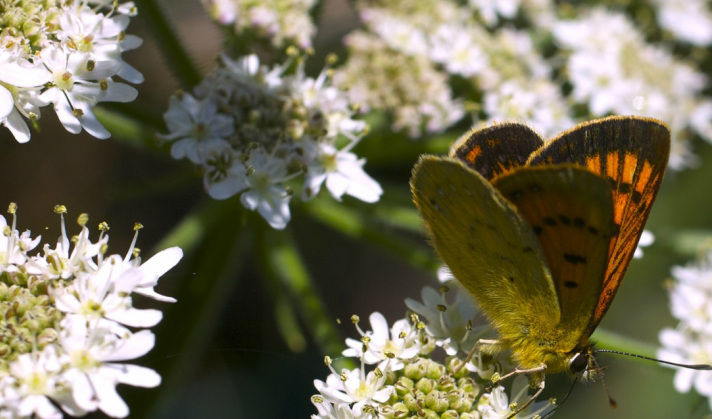
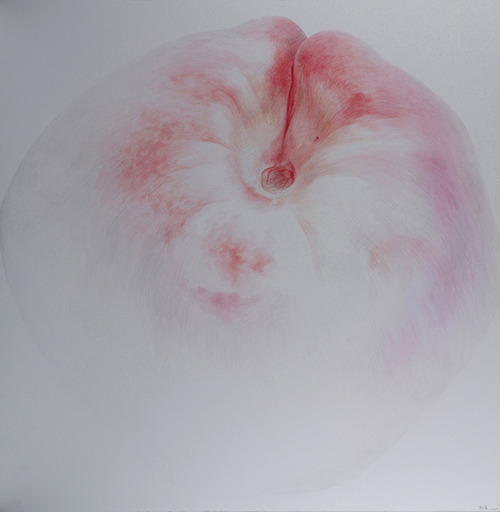
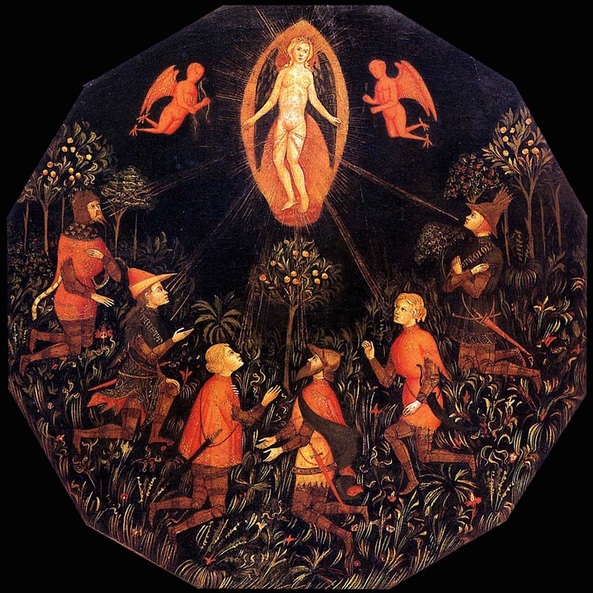
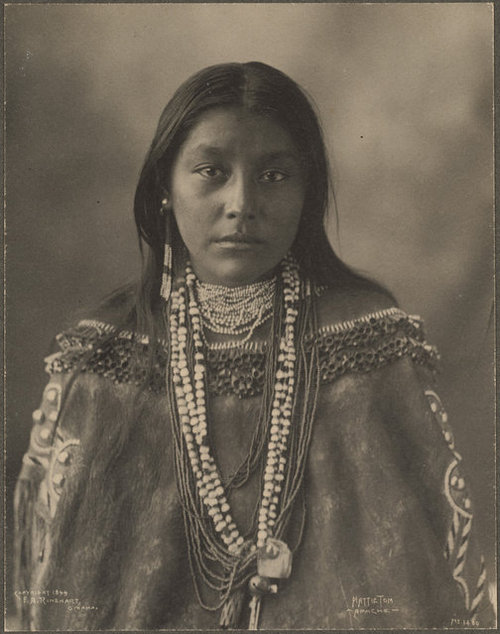
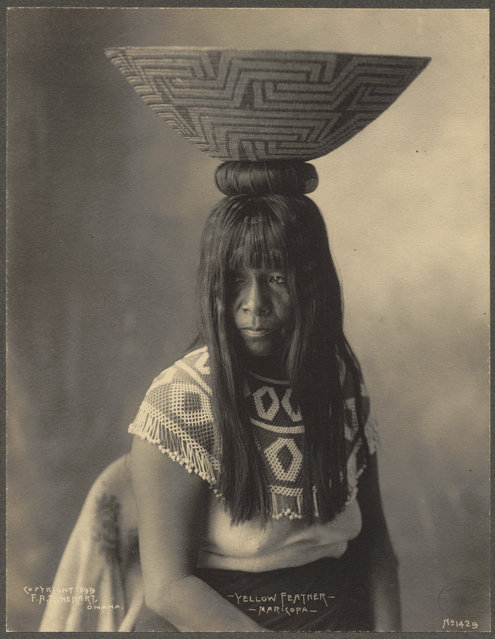
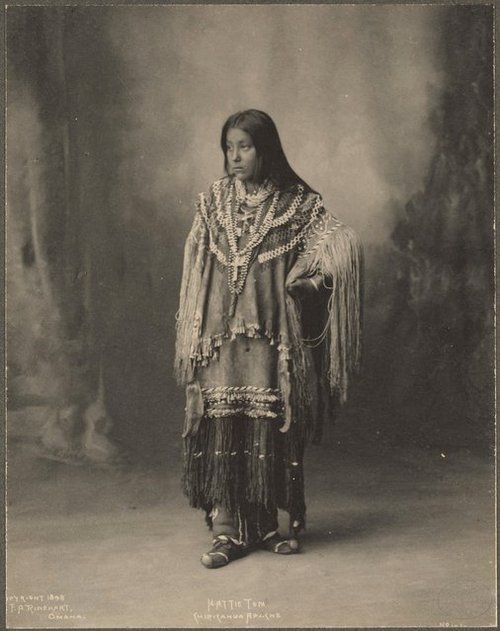
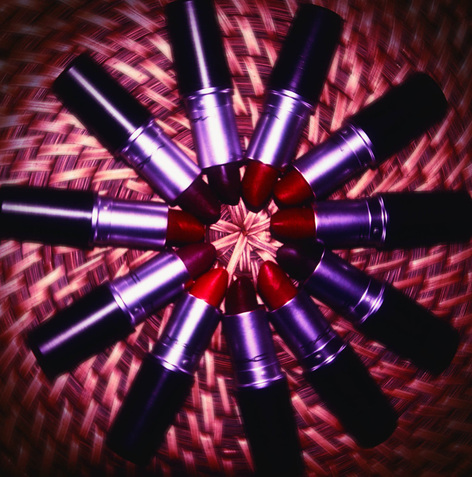









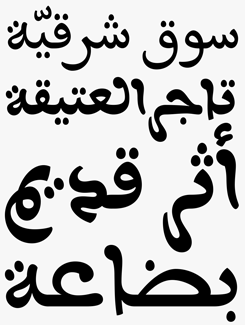


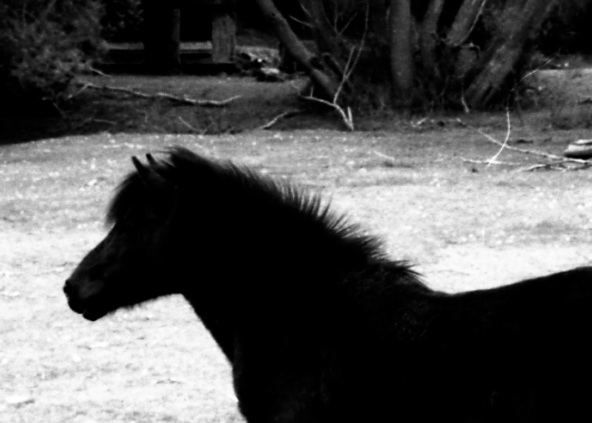

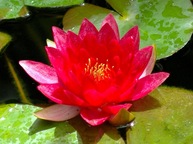

 RSS Feed
RSS Feed
